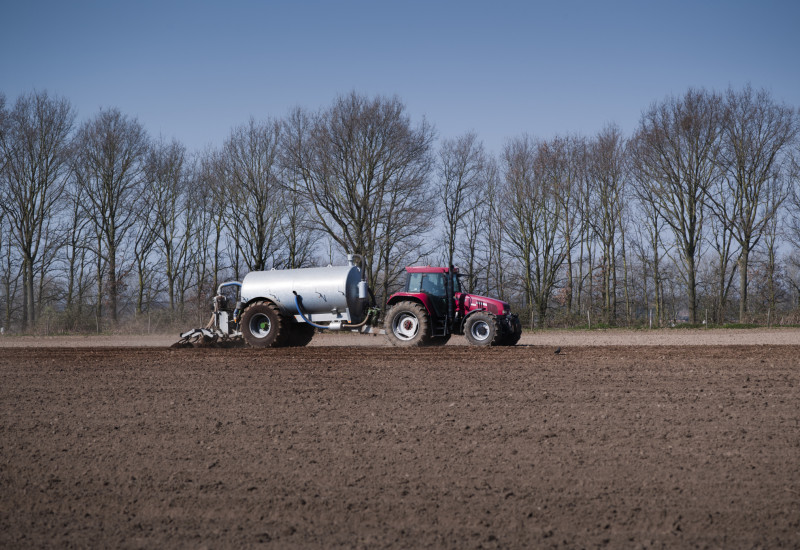The "Environmental Monitor" for 2020 from the German Environment Agency (UBA) draws a mixed picture of the condition of the environment in Germany. While there have been recent improvements in air quality or greenhouse gases, other indicators fare poorly. read more










